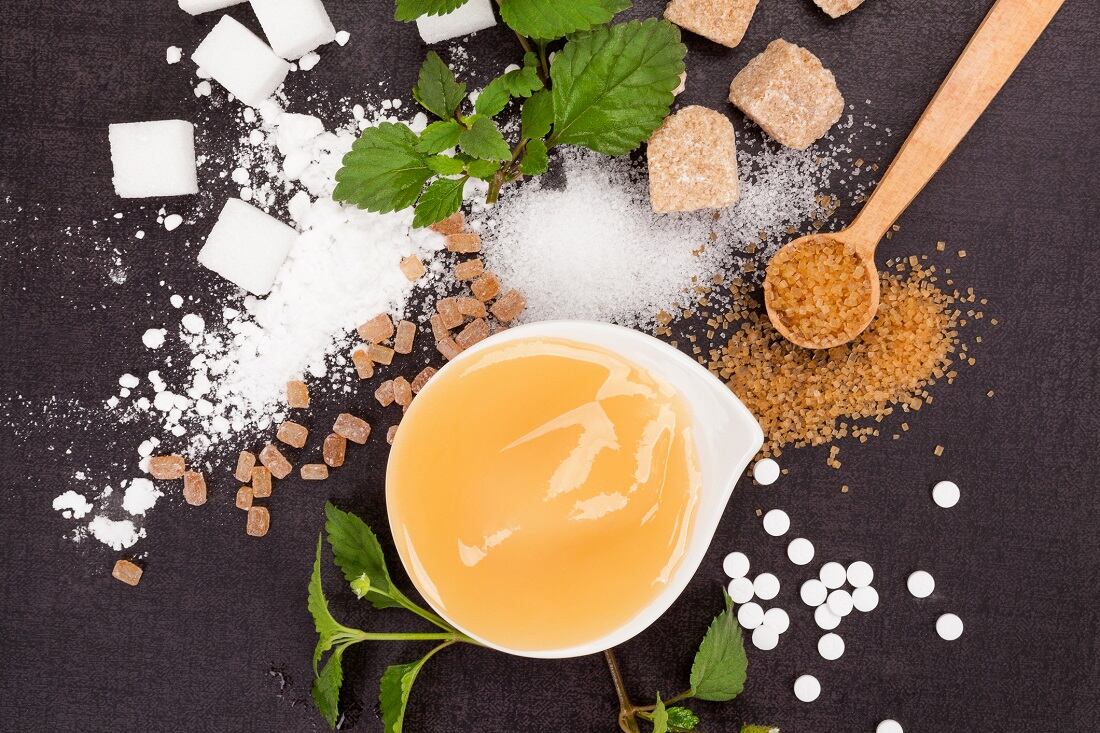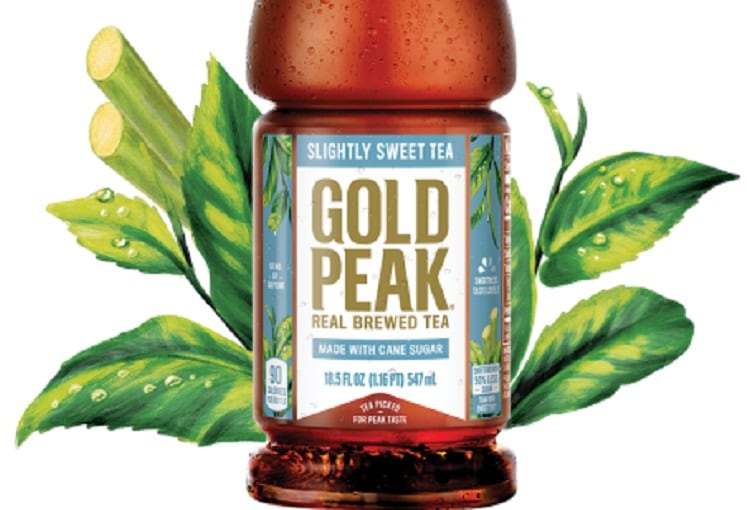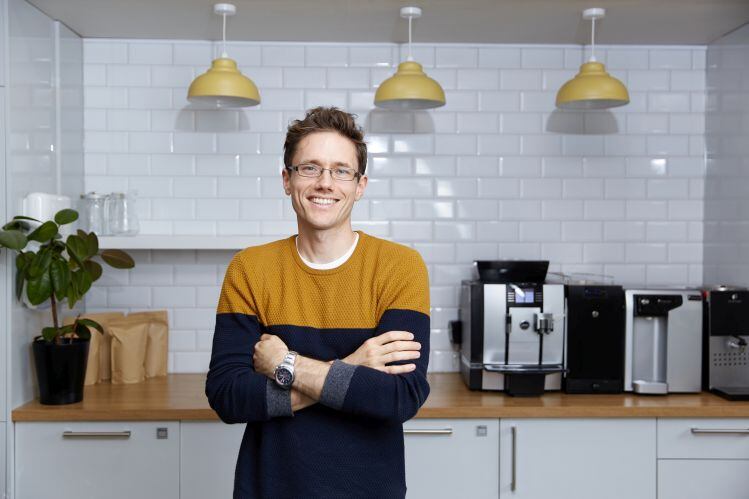Consumers are increasingly citing sugar reduction as one of their top health priorities, particularly when it comes to weight management. According to the global market intelligence firm's Voice of the Consumer: Health and Nutrition Survey, more than half (53%) of consumers surveyed cited “Eat less sugar” as their preferred method of weight loss.
When asked about reasons for avoiding sugar in 2020, 58% of respondents cited a general avoidance stating that it was simply, “better for me to avoid it,” followed by it “makes me feel healthier,” noted by 57% of respondents.
"These results show that consumers are choosing to avoid sugar with the desire to increase general wellness and for a feeling of healthiness. More consumers are prioritizing the idea of feeling good by taking a proactive, long-term approach," wrote Euromonitor global industry manager Maria Mascaraque, who noted that consumers' attitudes have shifted to see sugar as in opposition to their health and wellness goals.
Artificial sweeteners, no-added sugar claims lose consumer interest
In terms of capturing this growing legion of sugar-conscious consumers, Mascaraque noted that not all sweeteners are seen as equal by consumers.
Nearly one-third (31%) of consumers surveyed in Euromonitor's 2020 Health and Nutrition Survey said they looked for terms such as "does not contain artificial sweeteners" on products' ingredients and nutrition facts labeling.
So how do consumers feel about high-intensity sweeteners from "natural" sources such as stevia and monk fruit?
"When discussing high-intensity sweeteners in the last decade, it is impossible to ignore stevia, which brought a great new opportunity due to its natural origin, in line with the demand of clean label and natural ingredients," she noted.
"However, while the use of stevia and other natural sweeteners does not dissuade consumers from purchasing products, in the way inclusion of other artificial high-intensity sweeteners does, their use is also not a driving factor that persuades consumers to make a purchase."
'No added sugar'
While natural sweeteners are still seen as acceptable by many consumers, added Mascaraque, the ideal way forward for manufacturers would be to maximize the appeal of their products without the use of additional sweetening agents giving rise to "no added sugar" claims appearing on many products.
"Consumers want reassurance that sweetness is derived from intrinsic ingredients as far as possible so the 'no added sugar' positioning is valued and increasingly embraced by manufacturers," she said.
Globally, no added sugar claims have been more prevalent in the beverage sector than package foods, however that is beginning to shift, said Mascaraque noting that baby food has the largest proportion of no-added sugar claims at 5% of the total category SKU count in 2020.
"The proportion of products using the no added sugar claim is still low, despite clear signs the claim complements current consumer attitudes towards sugar. This would suggest increased adoption of the claim could be seen going forward," she said.
Sugar reduction reformulation, is it worthwhile?
To capture this large consumer shift, manufacturers and brand owners should look at different methods to position their products as being low in sugar, but only if doing so would make sense for their product and brand.
"As a growing number of consumers forgo sugar, manufacturers must decide whether sugar reduction is worthwhile," said Mascaraque, as such reformulation efforts could negatively impact the sensory experience of the product.
"In recognition of consumer sugar concerns, the prevalence of claims such as “no added sugar”, 'no sugar' and 'low sugar' are likely to grow as manufacturers aim to reassure consumers and differentiate themselves," she added.




